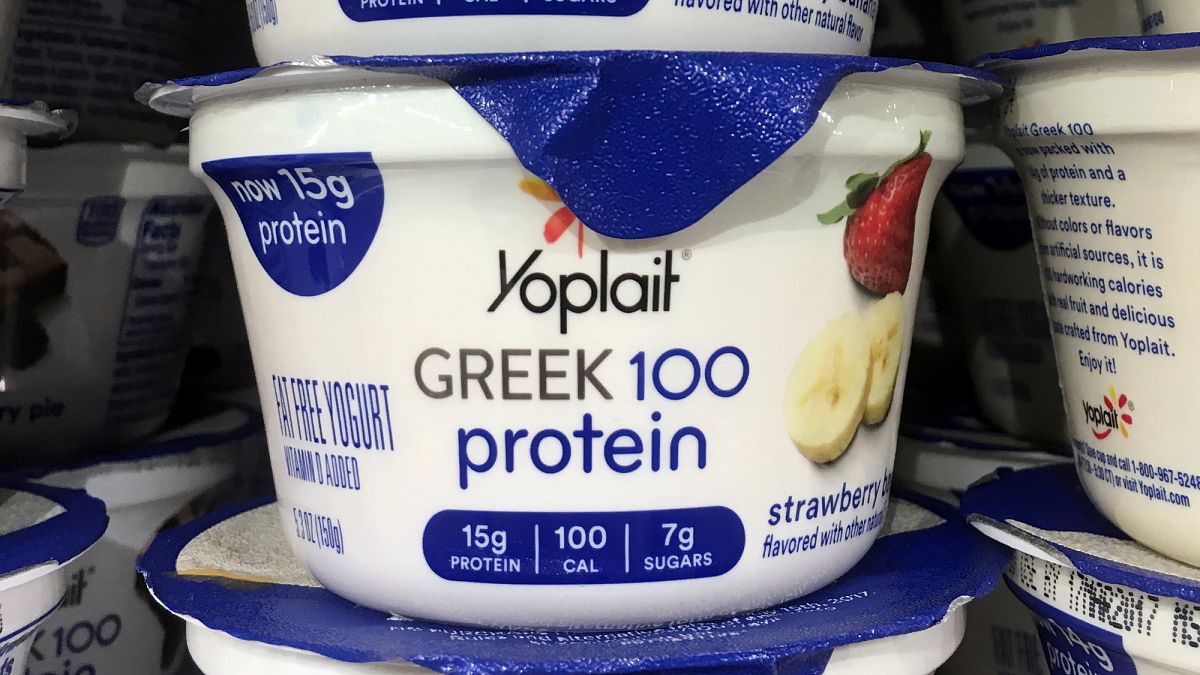

In the bustling world of nutrition and healthcare, recent discussions have illuminated significant topics that merit our attention. From the essence of protein intake to the critical evaluation of maternity services, these dialogues provide valuable insights into present-day health considerations. As we journey through these areas, we aim to understand not just their current standings but also how they affect our well-being and the systems that support it.
Let us begin by examining the role of protein in our diets, an essential nutrient often highlighted in health and wellness circles. Nutritionists emphasize that most people, if consuming a balanced diet, are likely already meeting their protein needs. The common presence of protein in a variety of foods makes additional supplementation unnecessary for the majority. Foods naturally rich in protein such as meats, dairy, nuts, and legumes are sufficient to sustain a healthy lifestyle without needing commercial products fortified with added protein. This perspective encourages us to focus on diverse, nutrient-rich food choices, celebrating the simple yet effective sources of nutrients nature provides.
This discussion around protein becomes all the more important when juxtaposed against the backdrop of healthcare services, where simplicity and efficiency are also key. In another sphere of public health, the UK government has recently placed a spotlight on improving the quality of maternity services across England’s National Health Service (NHS). This move signals a profound commitment to ensuring the safety and well-being of both mothers and babies. The inquiry, as announced by Health Secretary Wes Streeting, aims to thoroughly evaluate the system, targeting the 10 most vulnerable maternity service providers while assessing the system’s wider performance.
Streeting’s initiative reflects a recognition of the pressing challenges within maternity care, accentuated by a pattern of inefficiencies and communication breakdowns described as “passing the buck.” Through this inquiry, the focus will be on transparency and accountability, aiming to foster a healthcare environment where every mother and child can expect safe, reliable, and compassionate care. This development is a reassuring stride towards refining how healthcare is delivered, demonstrating a mindful acknowledgment of the need for ongoing evaluation and improvement.
In embracing these two narratives—nutritional adequacy through natural foods and the pursuit of excellence in healthcare—we are reminded of the interconnectedness of lifestyle choices and policy actions in shaping health outcomes. Both cases teach us about the simplicity that often underlies effective health practices, whether it be the naturally occurring protein in our diets or the foundational care necessary for maternal health within the NHS.
Ultimately, these conversations encourage mindful engagement with our health, emphasizing that wise choices and informed actions form the core of well-being. From what we eat to how healthcare is structured, each decision plays a vital role in the tapestry of public health. It is through continuous dialogue and committed improvements that we can look forward to healthier, more harmonious societies.
Source: {link}
